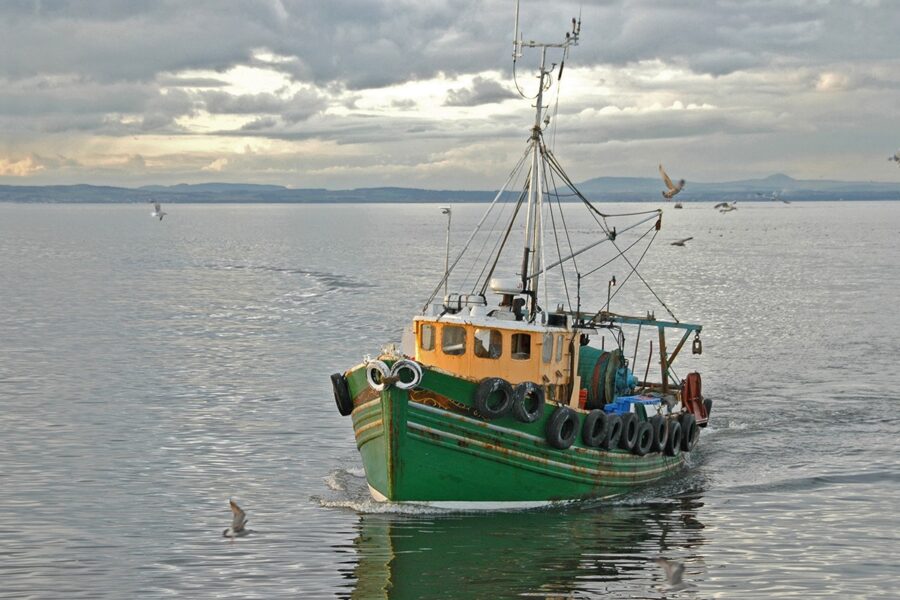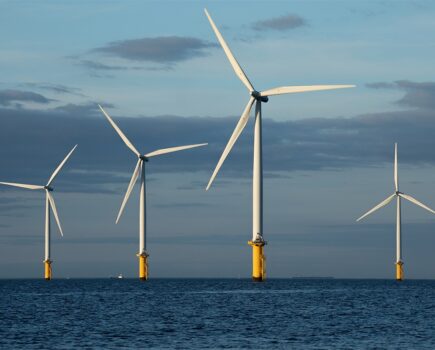Lobbying bypasses IFG process, say opponents
Pressure is growing in Scotland for a ban on bottom trawling and dredging within the country’s three-mile limit and inside Scottish MPAs, reports Tim Oliver.
Our Seas, a coalition of more than 100 green organisations, is calling on Scottish ministers to take action on the three-mile ban.
The group is an alliance of community groups, Scottish fishing associations, environmental and charitable organisations, marine businesses and marine recreational groups.
One prominent member, Oceana, is also calling for a ban on bottom trawling in all Scottish MPAs (see opposite).
The coalition says the number of active fishermen in Scotland has declined from 8,194 in 1997 to 4,886 in 2019. It is calling for politicians to ‘kick-start recovery and boost jobs by assisting trawl and dredge sectors with a fair transition to lower-impact fisheries’.
A call from the coalition for a three-mile ban in 2020 was rejected by then Scottish fisheries minister Fergus Ewing. Now, with a new minister and the SNP and Scottish Green Party understood to be in formal co-operation talks, Our Seas is urging the Scottish government and the Scottish Green Party to look again at the issue.
One of the members of the Our Seas coalition, the Scottish Creel Fishermen’s Federation (SCFF), claimed in a report that for every 1,000t of prawns caught by creeling rather than trawling, the Scottish economy would see more than £6.7m in additional benefits, with more than £400,000 additional profit for the sector.
SCFF national co-ordinator Alistair Sinclair said: “Our members fish in a way which is genuinely sustainable for the long term, but the value of our fisheries are hampered by the activities of a poorly regulated minority.
“A return of an inshore limit is really a compromise, and both parties should be persuaded to see it as such. It would bring back a little balance to the way this country manages its seas.
“It’s not an end to dredging and bottom trawling, but would ensure they only operate in waters where those methods do much less damage.”
A previous ban on bottom trawling inside the three-mile limit was in place until it was revoked by the UK government in 1984, which Ailsa McLellan, Our Seas coalition co-ordinator, claims ‘led to what academics called ecological meltdown’.
She said: “There are many marine policy areas where we want to see change, given this country’s ‘out of sight, out of mind’ approach to our marine ecology and economy.
“But a return to a modernised three-mile limit is the single measure which we collectively believe would bring the greatest benefits for our waters, our environment, and for this country’s coastal communities.
“This is not a radical measure – bottom trawling was previously banned in our inshore waters – and it will make our seas and fisheries more resilient in the future.”
Annabel Lawrence, chair of the Community Association of Lochs and Sounds, another member of the Our Seas coalition, said a variety of industries including marine tourism, sea anglers and community activists wanted change.
“Being forced to live with the status quo, watching a small number of boats damage the seabed, is painful and frustrating,” she said.
“Politicians – both SNP and Green – need to make meaningful decisions now to end this destruction of our seabed.”
A Scottish government spokesperson said: “We have made clear that sustainability is at the heart of how we will manage Scotland’s fisheries.
“In addition to our network of MPAs, there are fishing controls and a policy of restrictive licensing in place to limit the number of Scottish scallop vessels, the number of days they fish and technical measures such as the type of fishing gear used in our inshore waters and minimum landing size of king scallops.
“It should be noted there are fewer Nephrops being landed than a decade ago, and there are fewer Nephrops trawlers and more creel fishing vessels.”
This story was taken from the latest issue of Fishing News. For more up-to-date and in-depth reports on the UK and Irish commercial fishing sector, subscribe to Fishing News here or buy the latest single issue for just £3.30 here.








